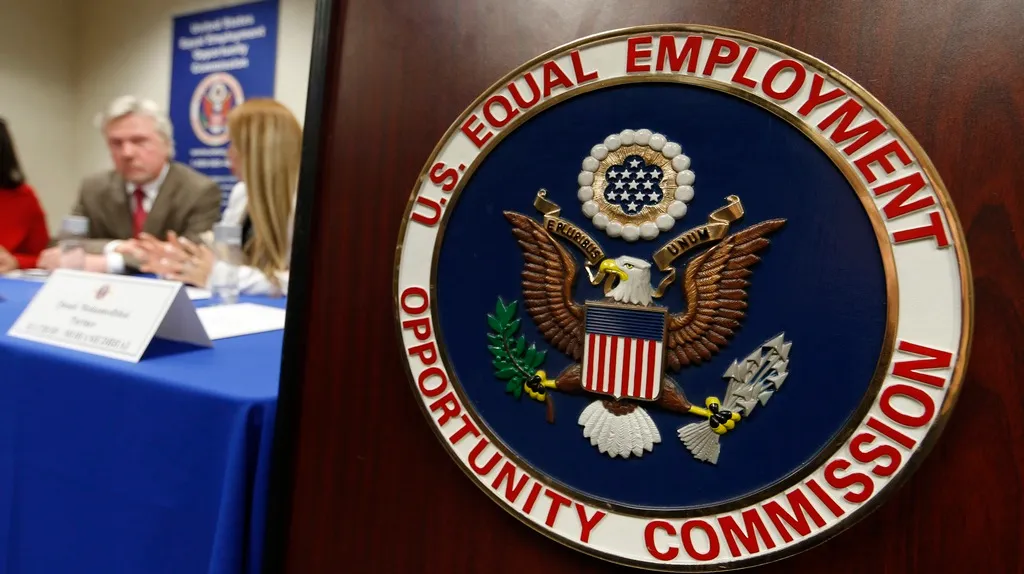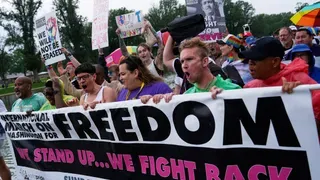August 4, 2014
New Study: LGBT Youth Face More Online Abuse Than Peers
Jason St. Amand READ TIME: 2 MIN.
A new study finds that LGBT youth are harassed more online when compared to their non-LGBT peers.
According to a new report called "Out Online: The Experiences of Lesbian, Gay, Bisexual and Transgender Youth on the Internet," by the Gay, Lesbian and Straight Education Network released last month, LGBT youth, especially those in rural areas, reported 42 percent more online abuse than straight youth. Additionally, LGBT youth were twice as likely to report being harassed via text message.
Officials behind the report surveyed 5,680 students in grades 6-12 from around the country.
"Lesbian, gay, bisexual and transgender (LGBT) youth experience nearly three times as much bullying and harassment online as non-LGBT youth, but also find greater peer support, access to health information and opportunities to be civically engaged," a statement by GLSEN reads.
GLSEN calls the study "the first to examine in-depth the experiences of LGBT youth online."
"The Internet impacts almost all aspects of our lives, but is particularly entrenched in the lives of youth, who are the most connected people online in our society," Dr. Eliza Byard, GLSEN's Executive Director, said in the statement. "LGBT youth continue to face extraordinary obstacles in their day-to-day lives whether at school or online, but the Internet can be a valuable source of information and support when they have no one or nowhere else left to turn to. As social media evolve, so must our efforts to serve LGBT youth to ensure their safety, health and well-being."
Despite the fact that LGBT youth may face greater odds of dealing with online bullying, the report finds the Internet is also a safe place and offers safer opportunities to express who they are and find peer support to "gain access to resources not necessarily available in person." According to the study, LGBT youth were "more likely to have searched for health and medical information compared to non-LGBT youth (81% vs. 46%), and half (50%) reported having at least one close online friend, compared to only 19% of non-LGBT youth."
"The Internet does not serve to simply reinforce the negative dynamics found offline regarding bullying and harassment," Dr. Michele Ybarra, President and Research Director of the Center for Innovative Public Health Research said. "Rather, this technology also offers LGBT youth critical tools for coping with these negative experiences, including access to understanding and accepting friends, and exposure to health information that is unavailable elsewhere."



